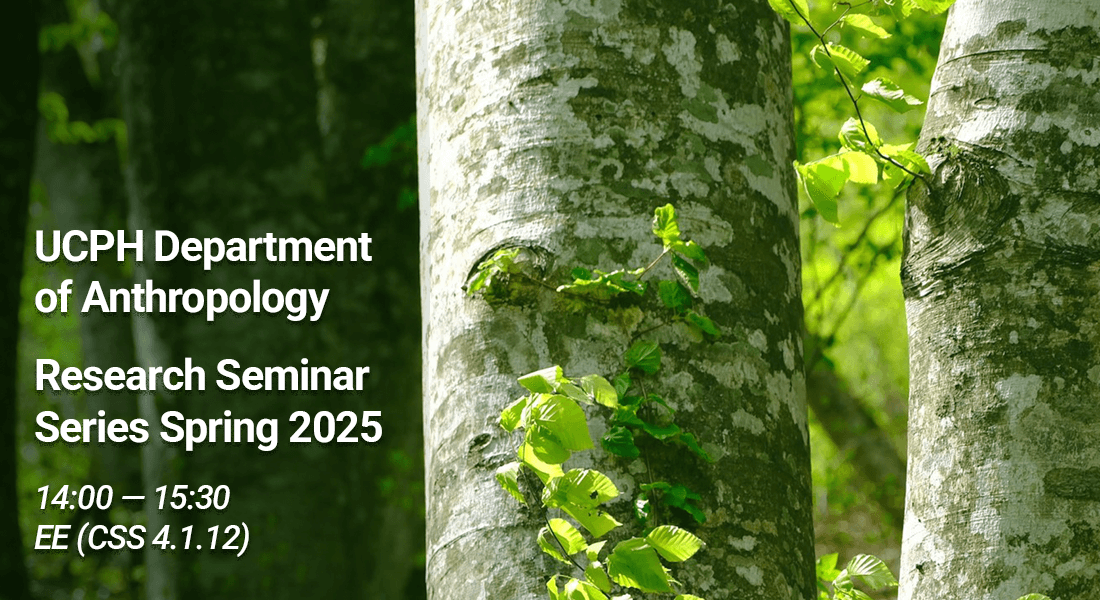RESEARCH SEMINAR: Deniz Duru

Speaker: Deniz Duru, Lund University
Deniz N. Duru is an Associate Professor and Senior Lecturer at the Department of Communication at Lund University. She holds a PhD/Dphil in Anthropology from the University of Sussex and worked in the Sociology Department at the University of York and at the Media, Cognition and Communication Department at the University of Copenhagen.
Her research interests include conviviality, multiculturalism, diversity, social media, media anthropology, anthropology of Turkey, and refugees and migrants in Europe. She has published journal articles in the South European Society and Politics, Southeast European and Blacksea Studies and Journal of Ethnic and Migration Studies and several book chapters.
She currently teaches Digital Ethnography, Digital Methods, Media and Diversity at the Masters' Level and Introduction to Media Studies, Public Opinion Building, Media Content Analysis and Research Methods in Media Analysis at the undergraduate level. She is the author of the book Conviviality in Burgaz: Living, Loving and Fighting on a Diverse Island in Istanbul (2024, Palgrave, Published Open Access), https://doi.org/10.1007/978-3-031-52334-2.
Title: Conviviality in Burgaz: Living, Loving and Fighting on a Diverse Island in Istanbul
Abstract:
This open access book tells stories of conviviality, solidarity, and everyday management of conflicts and tensions, by building on original, long-term ethnographic research (fourteen months in 2009-2010, followed by fieldwork trips until now) on Burgaz, an island home to more than twenty ethnic and religious groups from different socio-economic backgrounds. The island provides an excellent case study of post-Ottoman conviviality, as the homogenisation process during the nation-building stage of modern Turkey triggered migrations from the island, especially of non-Muslims, yet the island’s population retains elements of its Byzantine and Ottoman diversity. The book explores the islanders’ representation of diversity through ethnographic research, media analysis and interviews, and shifts the analytical framework of Post-Ottoman plurality from “coexistence/toleration” to that of conviviality. The author critically engages with the literature on multiculturalism and cosmopolitanism andconceptualises conviviality as both living together in diversity as shared ways of living as well as living with difference. The book further explores the relationship between conviviality, solidarity, coexistence/toleration, intoleration and nationalism.
